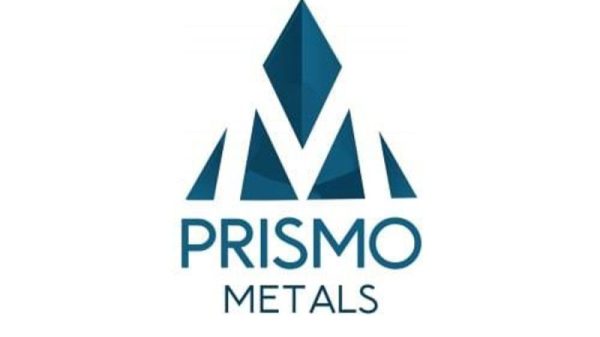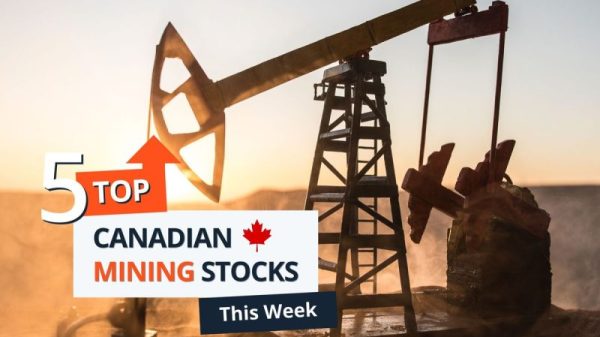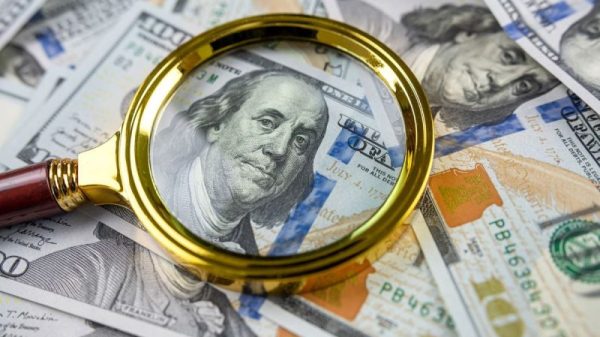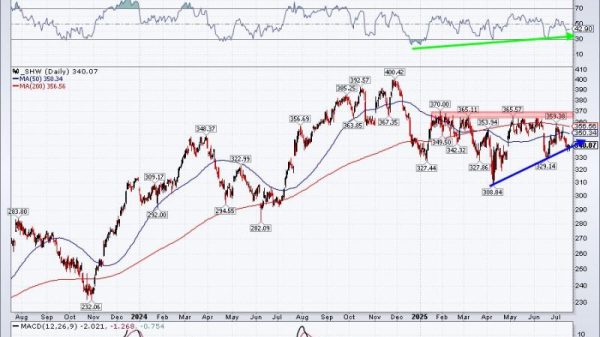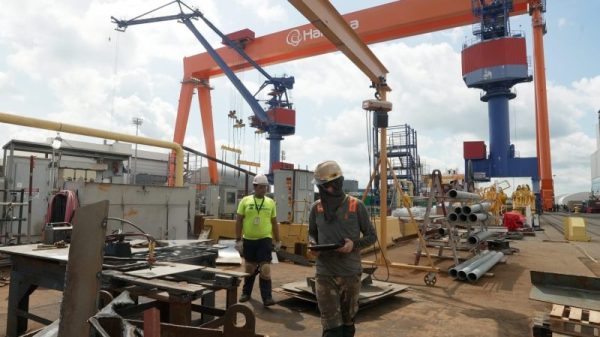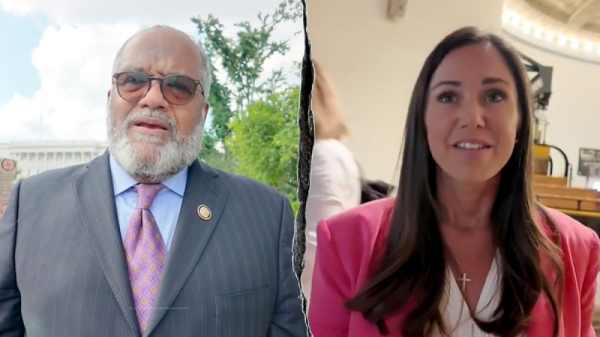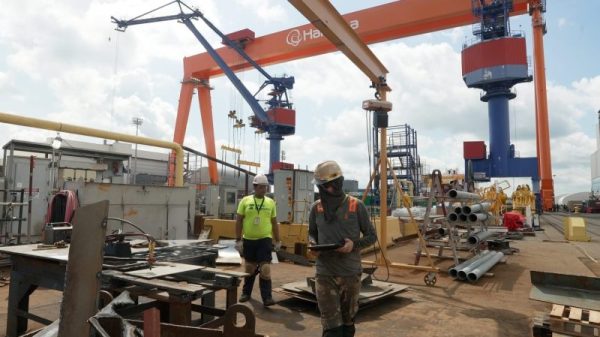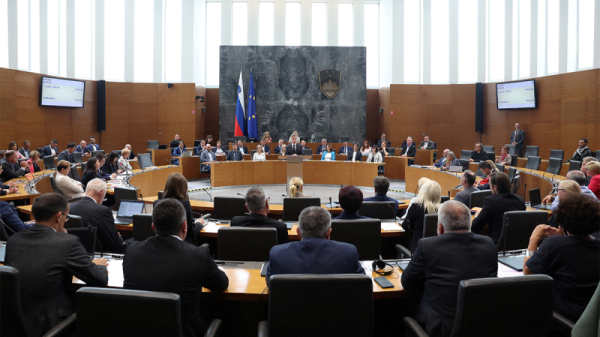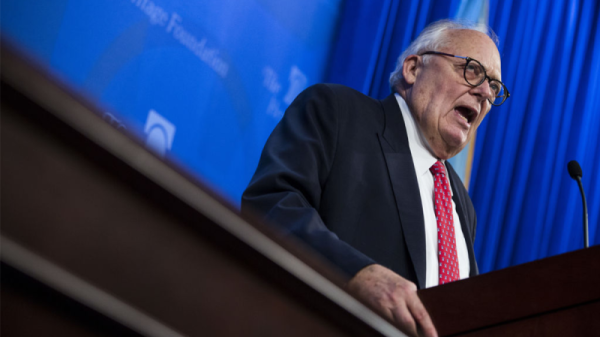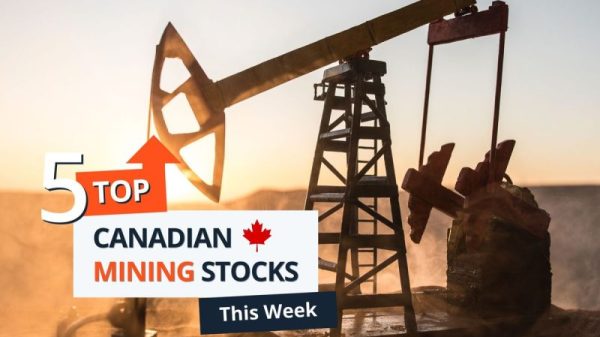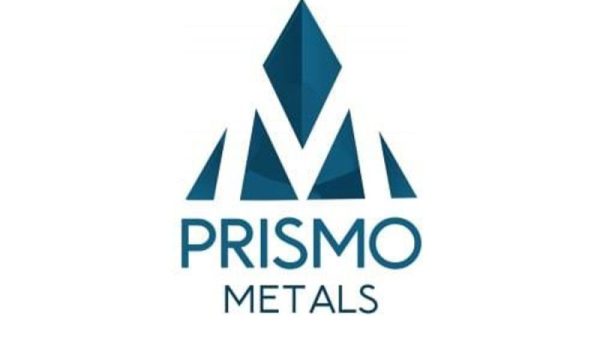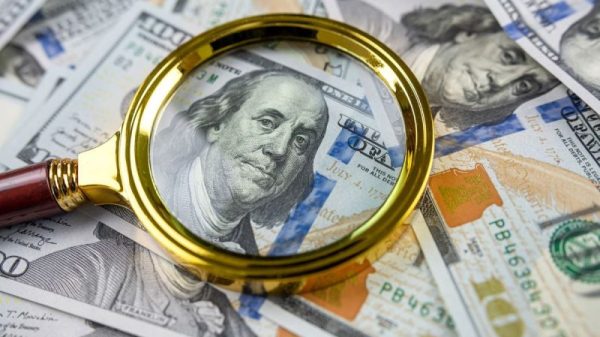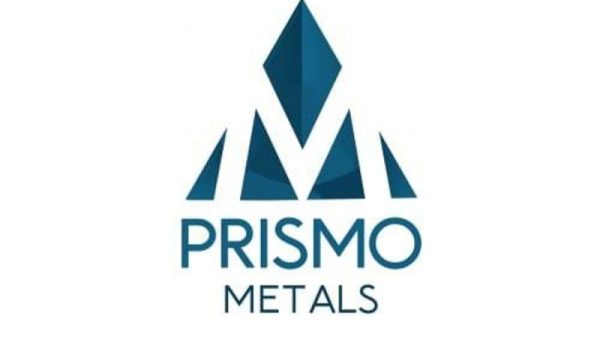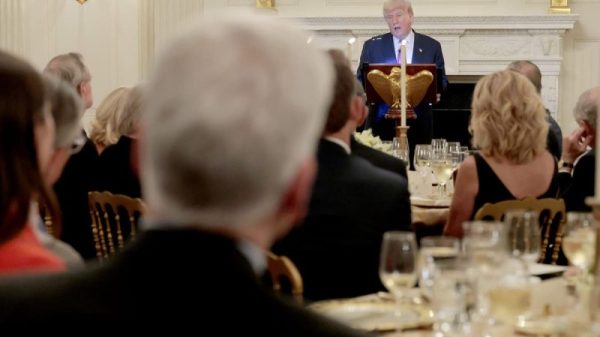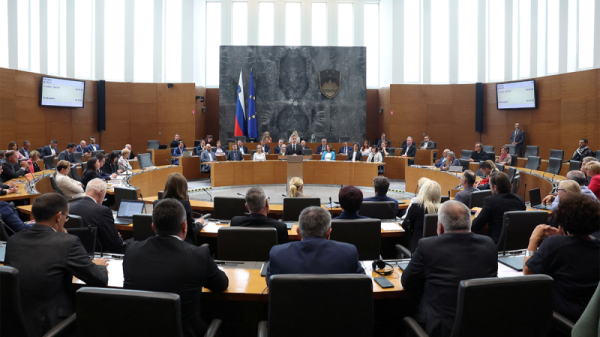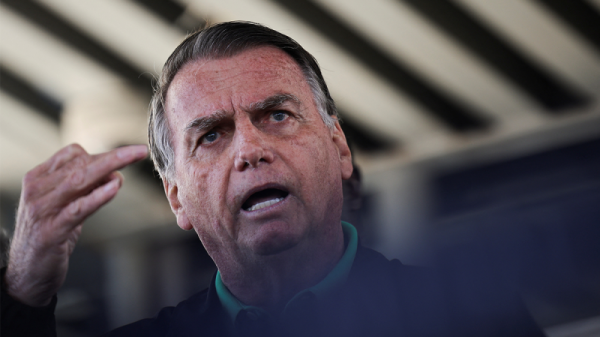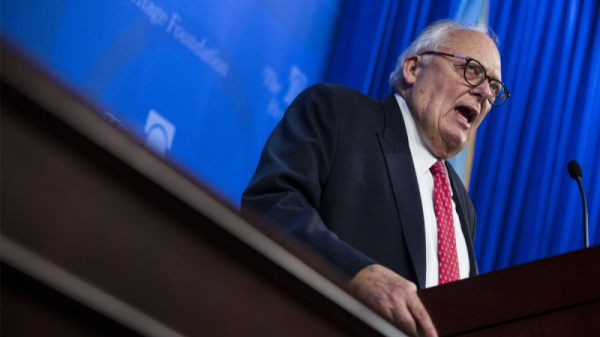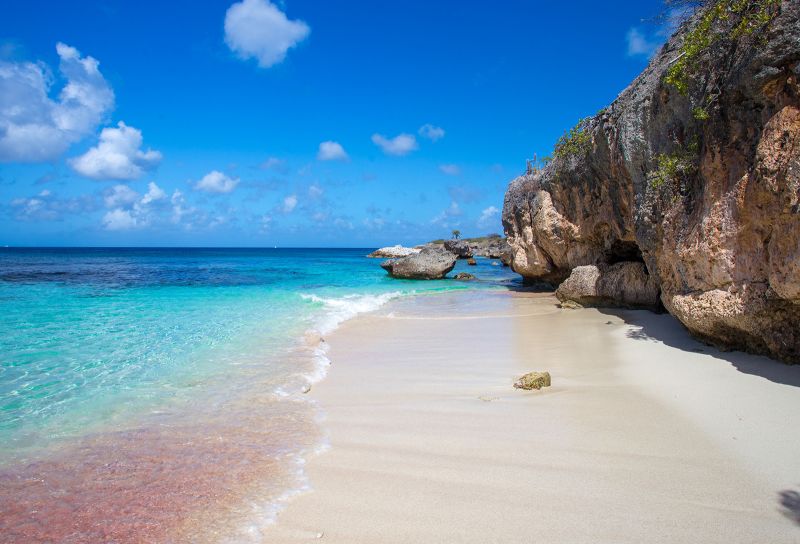Sometimes it only takes one visit to convince visitors to pack up their belongings and move to Bonaire permanently.
Susan Davis lived in Chicago her entire life before taking a scuba diving trip to Bonaire in 1988. Just four years later, Davis kissed her American life goodbye and bought a one-way ticket back to the Dutch Caribbean island, where she now works as a bird guide.
“I fell in love with Bonaire,” Davis, now in her mid-60s, says of her initial visit. “The day it was time to fly home, I remember I sat on the bed at my accommodations and said to myself, ‘Someday I want to live here.’”
She’s not alone.
In the 1960s, Bonaire had a population just less than 6,000, but this more than doubled to 15,000 by 2010. Today, about 23,000 people call Bonaire home, according to Statistics Netherlands (CBS), which has been providing information about the Netherlands for more than a century.
“It is not difficult for an American citizen to move to the island, but patience is required, as it is a standard paperwork procedure,” says Rolando Marin, the information officer for Tourism Corporation Bonaire. “The positive and peaceful vibe of the island gets tourists hooked.”
More than a spectacular diving destination
First, a little background.
Bonaire, pronounced “Bone-air,” is located just off the coast of Venezuela, and it’s one of the three ABC islands: Aruba, Bonaire and Curaçao. Bonaire is a special municipality of the Netherlands; Aruba and Curaçao are autonomous countries within the Kingdom of the Netherlands. Bonaire is just 111 square miles (287 square kilometers), and you can drive around it in three or four hours.
Bonaire is known for its scuba diving, but unless you’re Dutch or an avid diver, you probably haven’t given the island much thought. But it’s more than great diving that’s persuaded new arrivals to drop their former lives and move to a sparsely populated island.
It’s a three-hour direct flight from Miami into a teeny tiny airport, and then a 10-minute drive to the island’s capital, Kralendijk, where most of the resorts are concentrated. At Delfins Beach Resort, the rooms are outfitted with mini-kitchens, as the majority of guests have extended stays of a few weeks or longer. There are also rental homes via Airbnb available, and many are less than $100 per night.
At restaurants, local catches, including tuna, barracuda, mahi-mahi and bonefish, are highlighted on the menus, and sustainability is emphasized.
The very popular Cactus Blue Bonaire food truck is a draw for locals, who line up on the side of the road at lunch to snag a lion fish wrap. Lion fish are an invasive species that divers catch daily to keep its population at bay. The food truck, which serves lunch on weekdays close to a dive site near the airport, uses on reusable plates, along with glass bottles of fresh fruit juice that customers are asked to return.
The island exhibits a communal commitment to conservation. They have a donkey sanctuary, a sea turtle conservation group, a flamingo sanctuary, a coral reef renewal foundation and more. Officials are trying to rid the entire island of plastic, and many single-use plastics – such as straws and plastic cutlery – were banned in 2022.
Protected natural beauty
Bonaire had always been the least developed island among the ABC islands, and a 1969 land deal helped stave off future development with the establishment of a national park. “Boy” Herrera, the owner of the former Washington Plantation, made a deal with the government to take over the land upon his death with the sole purpose of keeping it a nature sanctuary, explains Annette Emerenciana, spokeswoman for Tourism Corporation Bonaire. Another plantation was added to the area 10 years later. Washington Slagbaai National Park covers just under 14,000 acres.
Then, in 1999, the Bonaire government purchased Klein Bonaire (an uninhabited island a half mile offshore) from the private sector for $4.6 million with the agreement that it would remain a naturally preserved island. Development is prohibited. It’s home to turtle nesting grounds, and it’s accessible via water taxi or boat excursions.
Harry Schoffelen, co-owner of the Cactus Blue Bonaire food truck, visited Bonaire from the Netherlands in 2010 when he was at a crossroads in his life, and he never left.
“What’s there not to love?” says Schoffelen, who’s in his late 50s. “We get this so many times – people arrive for the first time, and they’re already looking at buying a house here. It’s mind boggling, but you fall in love.”
Bonaire is considered safe; the US State Department puts the island in its lowest, Level 1 travel risk category encouraging visitors to exercise normal precautions.
The weather is warm, the public schools are excellent and free health care is provided to residents. There are no traffic lights, goats and flamingos roam freely, the beaches are beautiful and housing is relatively affordable for some incoming residents.
Moving to the island
That’s why Kiki Multem decided to move to Bonaire after visiting for five days in 2021.
“Bonaire is super laid back and easy-going,” says Multem, a travel blogger in her early 30s. “People are extremely friendly, and I really found peace here. Living the island life changed me so much as a person in a good way.”
Perhaps one reason why so many people drop their previous lives to move to Bonaire is the relative ease of staying for an extended period. If you have a Dutch or US passport, you can stay in Bonaire for six months per year without a residence permit. Many other nationalities can stay for up to 90 days at a time without a residence permit.
If you hold a Dutch or US passport and want to stay longer than six months or work on the island for any period exceeding 90 days, you must apply for a permit.
There aren’t any restrictions on foreign home buyers in Bonaire. There are more details on this government site on requirements for various living situations, including retiring to the island.
Living in Bonaire does take an adjustment, although they do get Amazon deliveries.
When Davis first moved to the island, there was a dearth of supplies, from groceries to hardware items to home decor. She remembers being happy if she found mushrooms in the supermarket. And the prices for most items are higher than they are in the United States or in Europe because of shipment costs and import duties.
And yet she lives on an island and pets donkeys as they wander through the streets. People are nice, she goes to the beach every day and passion fruit is readily available.
When Davis got a flat tire, other drivers stopped to help before she even had the chance to get out of the car.
“Bonaire has a certain magic,” Davis says. “When people arrive the first time, they see a lovely island with beautiful seas, lands and friendly people. But by the time they have spent a week here, the magic has insinuated itself into them: They feel the pull of the island.”

